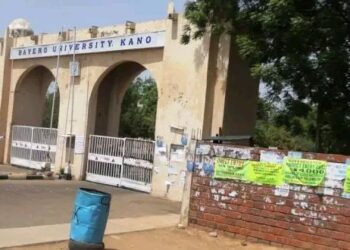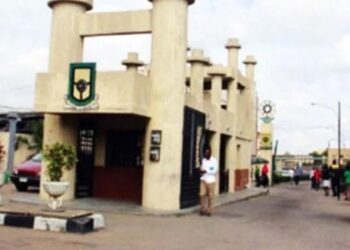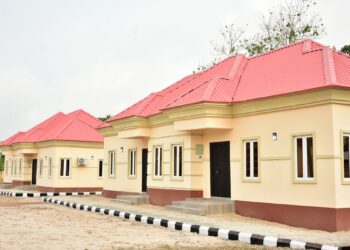A storm of concern has followed the release of the 2025 Unified Tertiary Matriculation Examination (UTME) results in Nigeria, with nearly 75% of candidates scoring below 200 out of a possible 400. The outcome has reignited conversations about the country’s education crisis, prompting voices from parents, teachers, students, and education experts to confront the systemic challenges undermining student success.
Shared Blame: A Systemic Breakdown
According to Alhaji Haruna Danjuma, President of the National Parent Teacher Association of Nigeria (NAPTAN), the failure reflects a collective breakdown of responsibility.
“We are all responsible—parents, government, teachers, and even the learners,” he said. “Too many parents have outsourced their responsibility, and the reading culture among youths has collapsed. Students are more influenced by digital distractions and the lure of quick wealth than by academic excellence.”
Danjuma also questioned the effectiveness of computer-based testing (CBT), particularly in public schools that lack basic digital infrastructure.
“How many students in rural areas have ever seen a functional computer before sitting for the exam?” he asked.
“Garbage In, Garbage Out” – ASUU Warns
The Academic Staff Union of Universities (ASUU) expressed alarm over the long-term implications of the continued neglect of Nigeria’s education sector.
ASUU National President, Prof. Emmanuel Osodeke, said, “Primary and secondary education have been left to crumble. Governors aren’t investing in new public schools or revamping existing ones. Now, universities are forced to admit students who scored as low as 130, lowering the quality threshold.”
Osodeke emphasized that without increased funding, teacher training, and better pay, Nigeria’s education system cannot compete globally. “It’s garbage in, garbage out,” he warned.
NANS: Blame JAMB’s Structure Too
The National Association of Nigerian Students (NANS) added that JAMB’s scheduling contributed to the failure.
Comrade Adeyemi Samson Ajasa, NANS PRO, criticized the 6:30 a.m. start time for exams, calling it “inhumane” and poorly planned.
“There’s no urgency in conducting exams so early when admissions don’t start until later in the year. We also lost candidates in Ogbomosho and witnessed security issues. Exams should start at 10 a.m., spread over four weeks for better safety and performance,” he said.
Worsening Trends: A Generational Education Crisis
Data shared by Joseph Ayodele, Executive Director of Africa Brands Review, highlighted a disturbing downward trend in UTME pass rates:
2007 – 66%
2008 – 63%
2010 – 41%
2015 – 30%
2019 – 24%
2023 – 23%
2025 – 22%
Ayodele noted that Nigeria has failed to prepare for the digital future. “We have digital-native students navigating an analogue-rooted system. The last major teacher recruitment was over 15 years ago. We’re witnessing a generational divide,” he warned.
On-the-Ground Experiences: Frustration, Glitches, and Distance
Many candidates struggled with basic computer functions—typing in registration numbers, navigating questions, or using the onscreen calculator. A UTME supervisor told Edutimes Africa that most candidates lacked digital literacy.
Parents also voiced their frustrations. John Adeyemo shared how his son traveled from Lagos to Epe for his exam, requiring extra expenses for hotel accommodation. Another parent, Charity Ihima, recounted technical failures—computers crashing and students unable to complete their exams.
What Next for Nigeria’s Education Sector?
Experts say the solution must be multifaceted:
Investment in digital infrastructure across all public schools
Retraining and recruiting teachers to fill education gaps
Public-private partnerships to democratize access to technology
Comprehensive reforms in exam scheduling and delivery
As Nigeria contends with the fallout from this year’s UTME, stakeholders are calling for urgent, innovative action to rebuild a failing system—and to ensure that the next generation is not left behind.



















































































 EduTimes Africa, a product of Education Times Africa, is a magazine publication that aims to lend its support to close the yawning gap in Africa's educational development.
EduTimes Africa, a product of Education Times Africa, is a magazine publication that aims to lend its support to close the yawning gap in Africa's educational development.